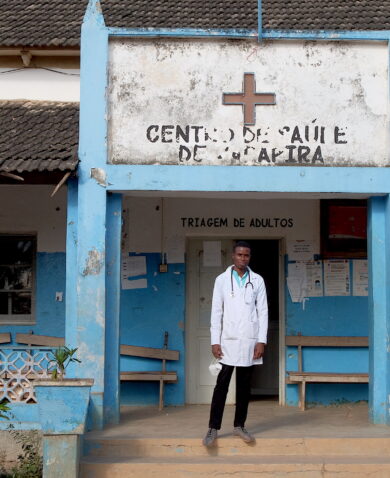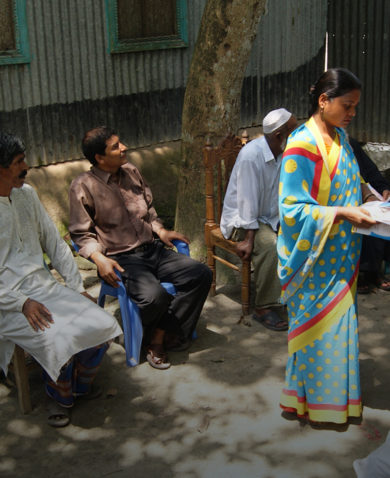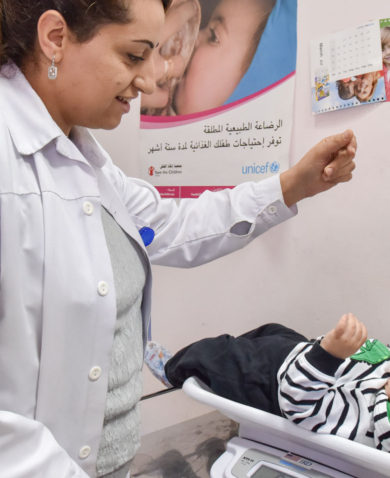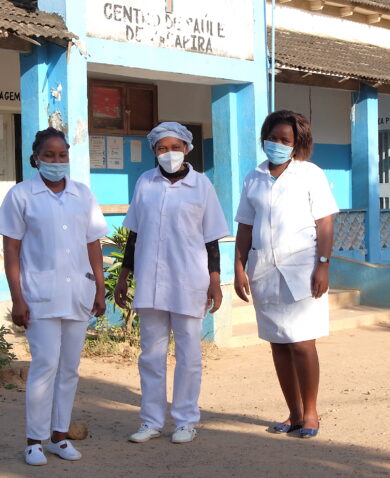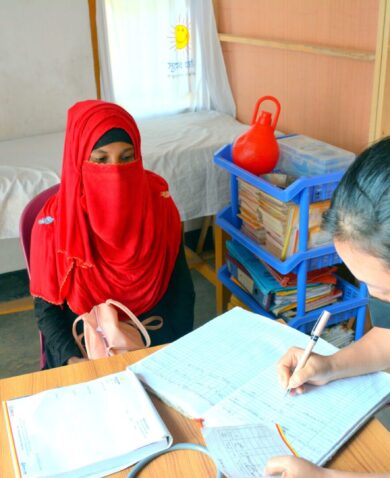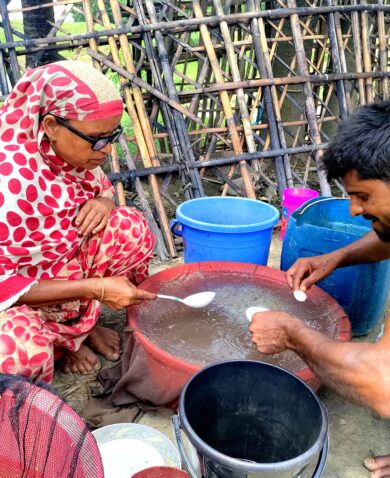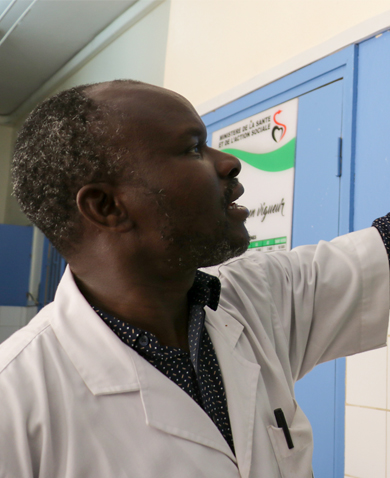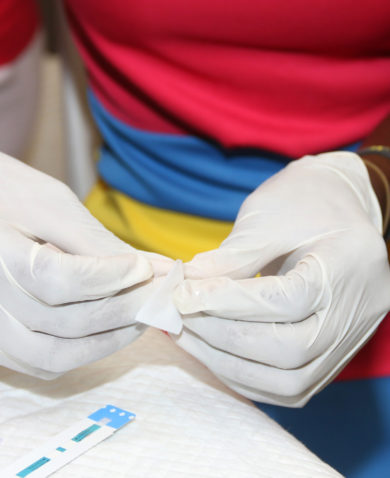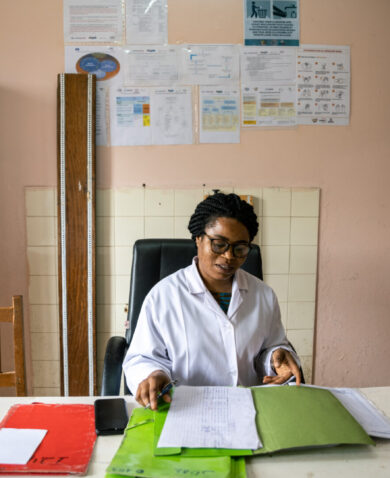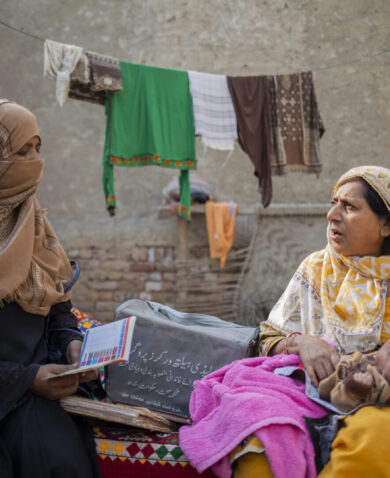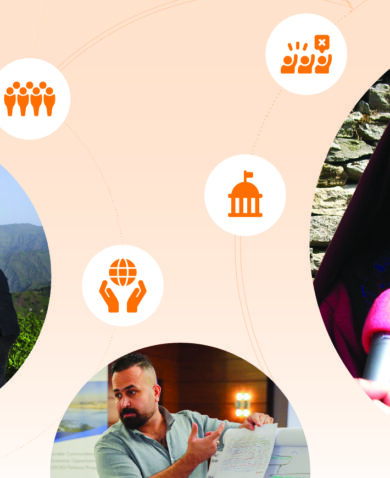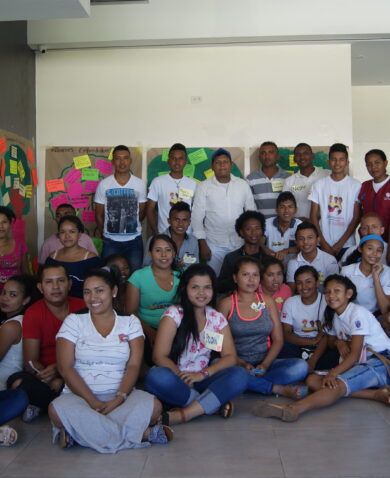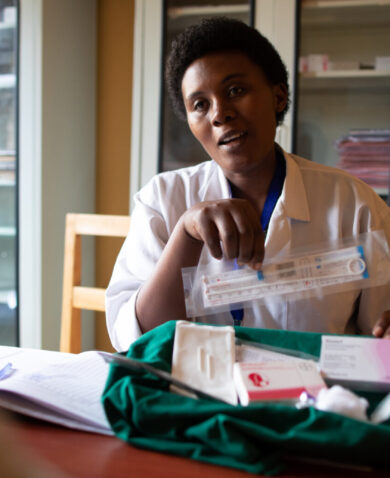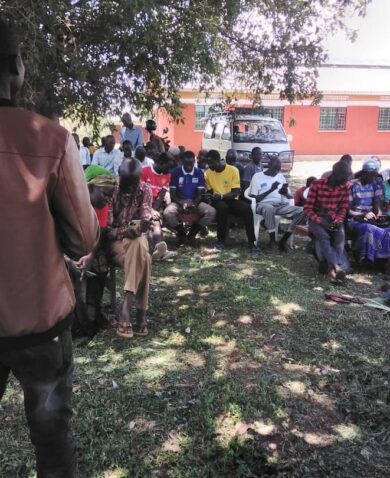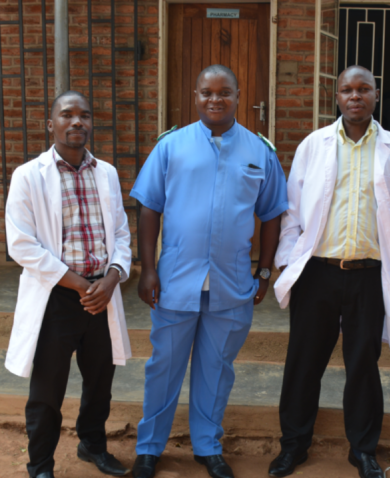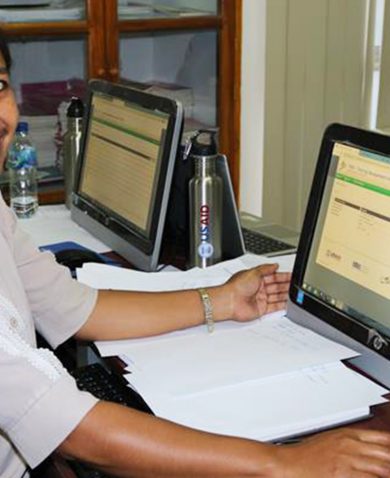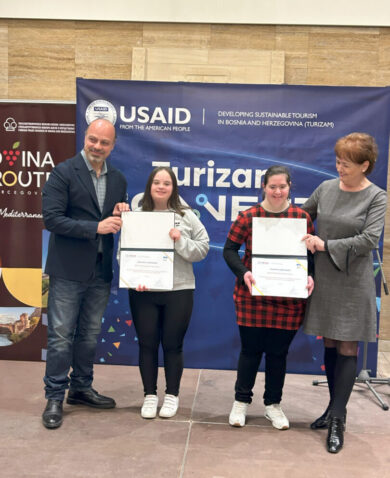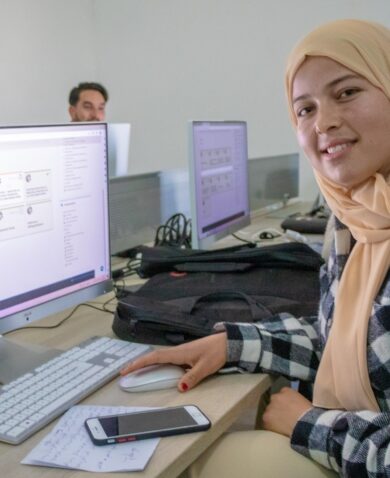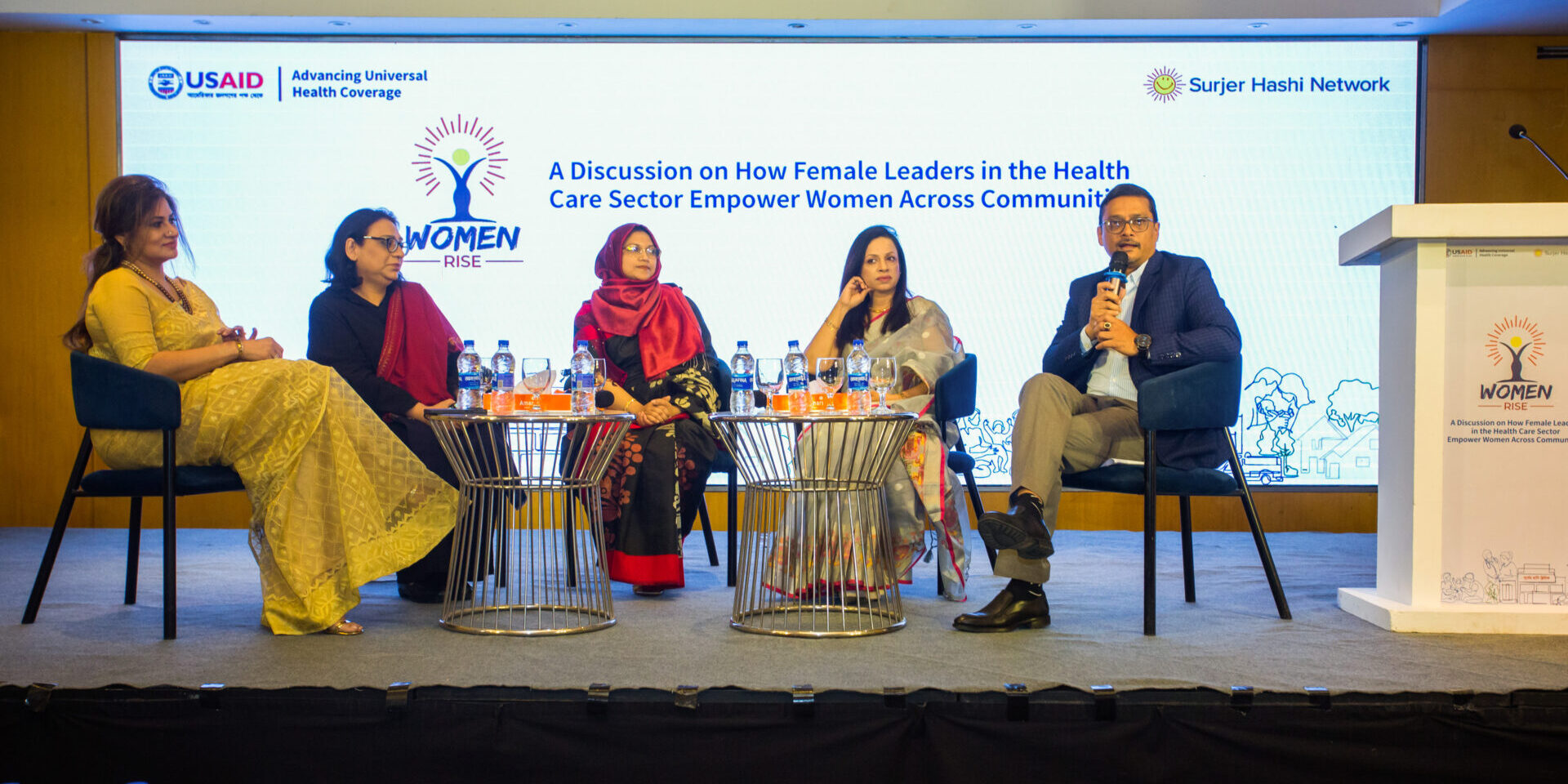
Women Rise: Celebrating Women in Bangladesh’s Health Sector Who Champion Empowerment
June 15, 2023 | 3 Minute ReadPanelists at the Women Rise event discussed the need to create an enabling environment within Bangladesh’s health sector to give more women opportunities and empower them to contribute to healthcare services.
The Chemonics-implemented USAID Advancing Universal Health Coverage (AUHC) activity and the Surjer Hashi Network (SHN), recently organized a special event to celebrate the tremendous contribution of women leaders in Bangladesh’s health sector and the critical role they play to inspire women across communities.
At the “Women Rise” event on March 14, these leaders participated in a panel discussion on women’s contributions to the health sector and how they are empowering other women. Women Rise also recognized five female clinic managers for their exemplary role and contributions to SHN. Shaila Purvin, SHN chief executive officer (CEO), awarded each clinic manager for her consistently strong performance, and for leading with integrity and innovation.
To raise awareness about gender equality, the lack of women in leadership roles in Bangladesh, and to inspire action, AUHC collaborated with five media outlets to promote the Women Rise event. It was featured in 11 newspapers, 18 online media publications, and on 6 news channels, which reached millions of viewers.
Creating an Enabling Environment
While Women Rise panelists called on others to recognize female leaders and reflect on ways that women can be empowered around the world, the discussion largely focused on the need to create an enabling environment within Bangladesh’s health sector to give more women opportunities and empower them to contribute to healthcare services. Although female representation has increased across sectors in recent years, it is still markedly low, particularly in leadership roles. Within SHN, 76% of health care workers are female, but only 16% of clinics have female clinic managers.
Speaking as a panelist at the event, Rubaba Dowla, CEO of Pulse Digital Healthcare, a digital healthcare platform that aims to provide quality healthcare to the rural population of Bangladesh, and managing director and CEO of Oracle Bangladesh, a cloud technology company, believes that unconscious bias towards women in hiring practices contributes to low female participation in leadership roles. “If you want to hire a lady in a managerial position you would think, ‘Oh, she is a mother so she can’t be available in times of need or she may not be a good fit to take a lot of responsibilities; she won’t do justice to the role’,” Dowla said.
She said that women themselves may have the same unconscious bias and may not believe that they should be engaging in these kinds of roles based on their traditional duties. The lack of female applicants also impacts their low participation in leadership roles. Dowla said she wants to give equal opportunities to men and women but doesn’t see a pipeline. “If I hire, I want an equal number of applicants, but in reality, against one woman, there are more than 10 male applicants,” she said.
Addressing Unconscious Bias
To address unconscious bias and increase the percentage of women in the labor force, it’s necessary to further promote women’s participation in the health sector. Dowla believes that education on these issues should begin at a young age, and schools play an important role in raising awareness. She also called for increased networking activities among women.
“Women are extraordinarily strong,” said Purvin of SHN. “Once the platform is there and we take on a responsibility we do it well and we do take care of the work as well as [take care of] our children.”
Although more women have joined the workforce, extra effort needs to be made. Dr. Farhana Akhter, USAID project management specialist (maternal and newborn health) noted that she finds it exciting to see USAID, the Bangladesh Ministry of Health and Family Welfare, communities, and local governments collaborating to build the health service sector.
Empowerment Gains Momentum
Female clinic managers in SHN exemplify the efforts that have been made to empower female leaders. “Women work side by side with the men but now we have proven to contribute in a bigger manner in all the sectors, not only in the health care sector. The clinic managers of all the Surjer Hashi Network branches are the true champions,” said Professor Rubina Hamid, chairperson of the SHN Board of Directors. “I appreciate their service and contribution to empowering the marginalized women of Bangladesh in different communities.”
Significant progress has been made, but the road to equity is long. Another panelist at the event, Zahida Fizza Kabir, CEO of the Sajida Foundation, an organization that aims to empower communities, catalyze entrepreneurship, build equity, and establish enterprises for good, said she sees many female community health workers impacting thousands of lives in villages.
“Women caregivers, workers, and nurses are mostly so humble,” Kabir said. “They come from a good background with minimal education yet make a difference in other people’s lives and are so confident. These kinds of moments are extremely rewarding, but each time I also feel that there’s a lot more that needs to be done. Those are the women who are coming forward despite the challenges.”








